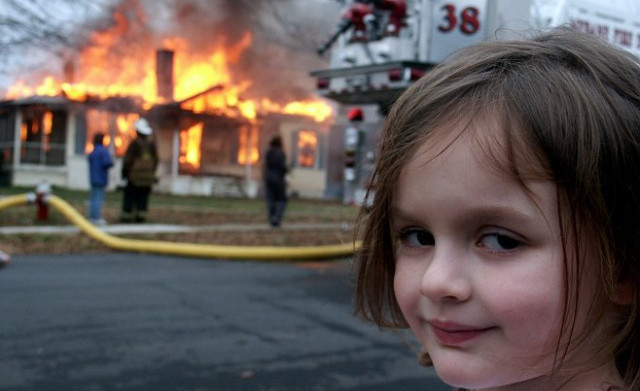We have a tendency to think our own sins aren’t that big a deal, or to find ways to downplay them or overlook them, while taking serious issue with those awful people on the other side of ideological divides. I’m something of an Evangelical Christian, and I’m very aware that it happens here in abundance.
Speaking of Evangelicals…. It’s cool to hate Evangelicals. You probably know that. I entered the word “Evangelicals” in a search of Twitter, to see what results I got. I got this:
Now it’s just a tweet, a random individual’s prejudice on display. I know. But everyone who spends time on social media (and doesn’t inhabit a circle of friends numbering in single digits) knows that actually, what you find is an absolutely constant, voluminous stream of a mixture of all sorts: Vitriol, contempt, general slander, obviously unreasonable generalisations, conspiracy theories, revolting claims, and so on. Don’t take my word for it. When I carried out this search, this is what I saw immediately. I did not have to go looking for these. These were among the first results:










